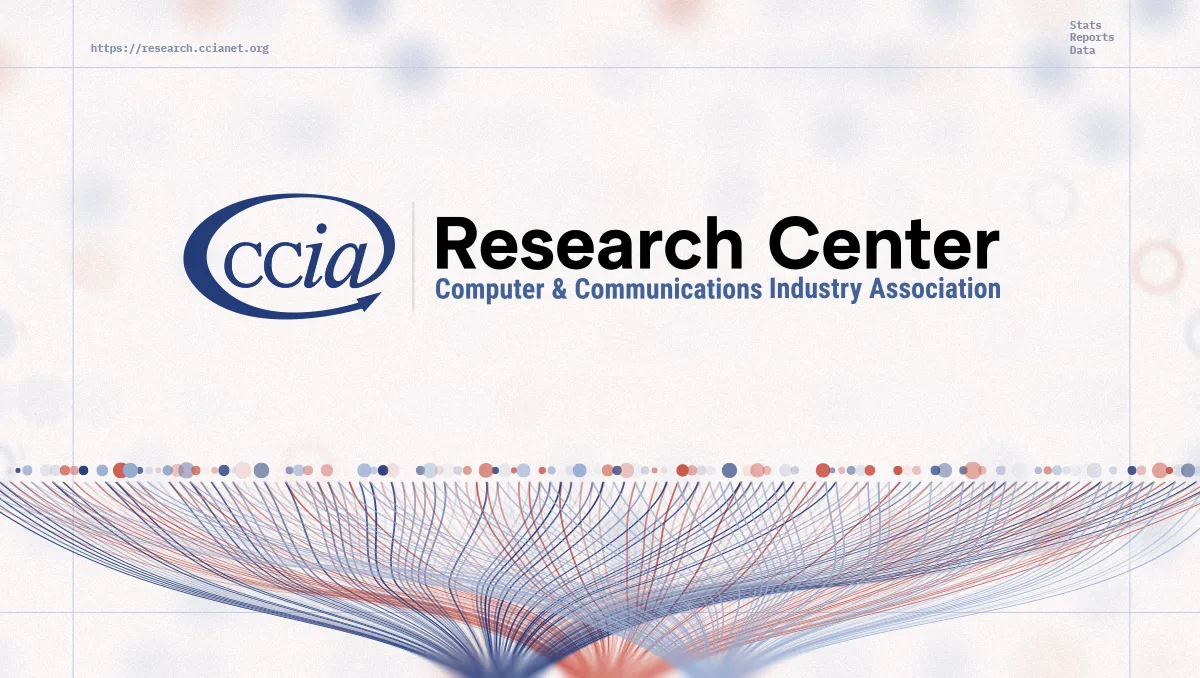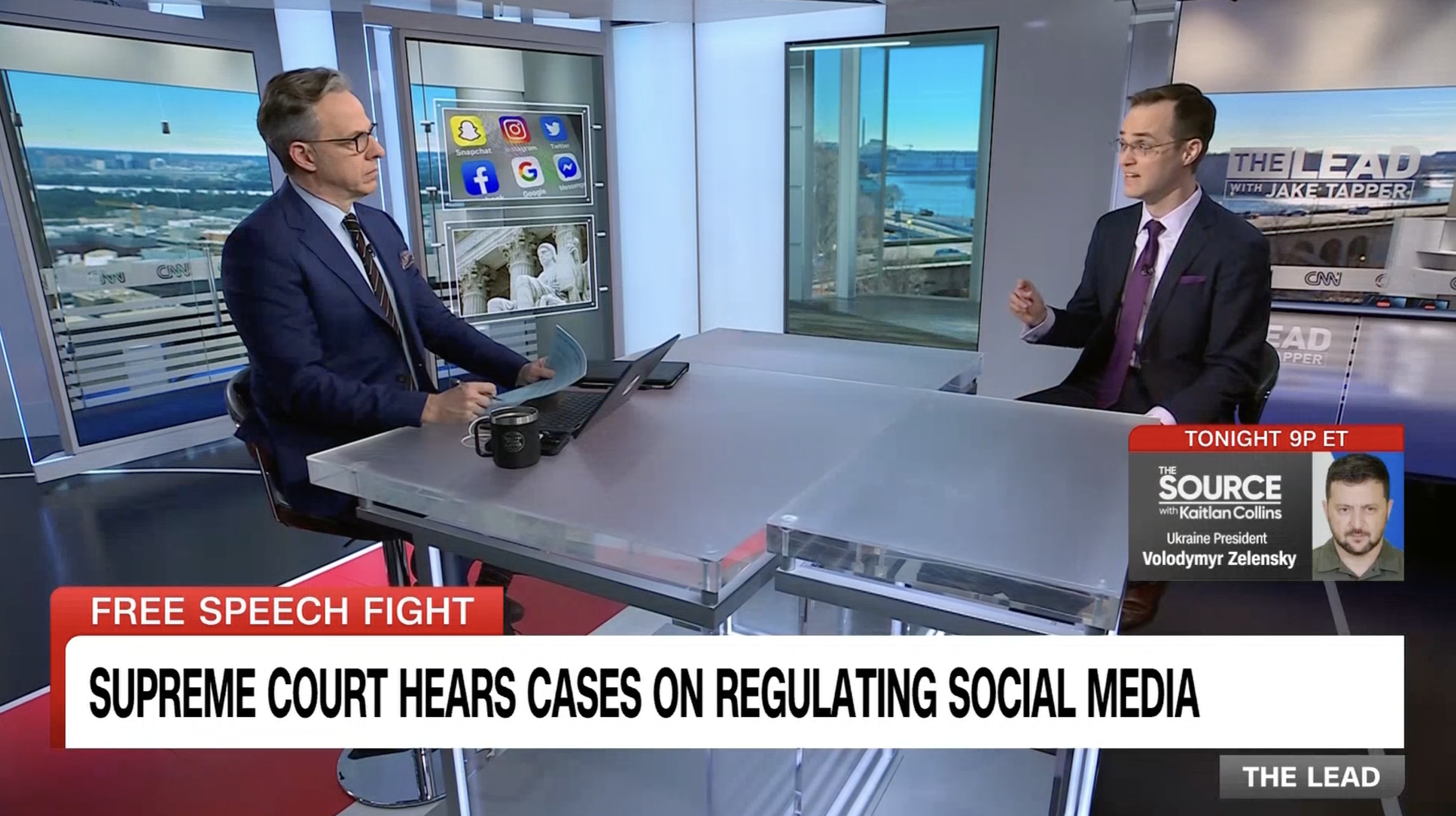Paying the Troll Toll: Patent Trolls Prey on Startups
Although much of the discussion of patent trolls (euphemistically referred to as “non-practicing entities”) has focused on the toll they impose on large, established tech companies with large coffers (examples here, here and here), a more disturbing image is beginning to emerge of entities that prey on vulnerable startups precariously perched on the verge of profitability. This makes intuitive sense: young companies have small (often non-existent) legal departments and are much more vulnerable to the uncertainty associated with patent litigation than established companies with revenue streams.
(Vulnerability is a key characteristic of the “prey” for patent trolls. In another disturbing series of developments, patent trolls have recently focused their attacks on cash-strapped local governments.)
Last week, GigaOM brought us the story of the small, but very well-regarded travel search startup Hipmunk, being threatened by a patent troll (with a questionable, nearly two decade old patent on synchronizing data between multiple windows) immediately in the aftermath of them going through a successful round of venture funding. As other commenters have noted, the patent (which is probably invalid to begin with based on prior art and being relatively obvious) likely does not even apply to Hipmunk, which displays its results in a single window. This story encapsulates part of the problem faced by startups, as they are vulnerable to more frivolous lawsuits involving questionable patents; their uniquely precarious positions mean that they are more likely settle than undertake an expensive fight (even one they are likely to win).
Brad Burnham, a legendary VC for Union Square Ventures (a firm that has invested in, among others, Twitter, Tumblr, Etsy, Zynga and and Meetup), while noting that “one third of [Union Square’s] portfolio is under attack,” described the predatory instincts of trolls from a first hand perspective.
Trolls go after the smaller companies first. They pick on startups because undercapitalized small companies cannot afford to be ideological. When faced with the prospect of extensive legal fees and a huge distraction, they do the pragmatic thing – they settle. The troll can accept less from a startup because the troll can later argue the startup has a small market share and a limited ability to pay. A smaller settlement does not preclude larger settlements with bigger players later….
The trolls then use the money extorted from young startups to fund the more expensive and ambitious cases against larger more established companies with deeper pockets. These folks have more to lose but they also have more resources to defend themselves. I don’t often think about the plight of large companies but this attack has a direct impact on young companies.
Established companies often grow by buying innovative young companies. Trolls like to attack a startup in the process of selling to an established company. By pouncing after the merger is announced, but before it closes, they hope to extort a quick cash settlement. Even if they are polite enough to wait, the problem is that innovation is under attack. Going after companies who have bought young technology companies will have a chilling effect. If that trend is allowed to continue, it will have an impact on startups ability to get funded. We will all lose a huge engine of innovation.
Refreshingly, instead of rolling over, Hipmunk came out of its corner swinging. The company filed a lawsuit seeking declaratory judgment asking a court to rule that it is indeed in the clear. Filing declaratory judgment is a bold move with certain rewards (if you can get over the hurdle of proving that a future lawsuit is likely). Perhaps, the biggest benefit of such a maneuver is that the alleged “infringer” gets to pick the venue of the lawsuit. In the patent world, the venue matters a great deal. For example, the Eastern District of Texas, despite lacking actual tech companies, is a hotbed of high tech patent litigation as the venue has a history of being extremely friendly to patent trolls. The Eastern District is perceived as so friendly that a cottage industry has developed around patent holding companies opening “offices” in the district which are famously devoid of employees.
In its prayer for relief, Hipmunk comes forward with an especially blunt assessment of what it sees as a ridiculous distraction:
Though its funding is intended for innovation, Hipmunk elects to defend its technology rather than spend its hard-earned venture capital paying for a license it does not need.
This is not a unique phenomenon. Etsy, the highly successful Brooklyn-based e-commerce startup valued at $600 million, was targeted by a patent troll right after a highly successful venture capital round. In this case, the patent troll filed suit a mere week after Etsy received $40 million from investors. Etsy’s story illustrates the current catch-22 of VC funding for startups: you need it to grow your company but it also acts as chum in the water for the sharks.
A recent study by highly regarded patent experts James Bessen and Michael Meurer puts numbers behind these anecdotes illustrating the systemic problem faced by our nations innovators.
Much of this burden falls on small and medium-sized companies. The median company sued had $10.8 million in annual revenues. 82% of the defendants had less than $100 million in revenue and these accounted for 50% of the defenses. Small and medium-sized companies account for 37% of the accrued direct costs. Moreover, compared to revenues, the direct costs of NPE patent assertions are relatively larger for small companies.
Furthermore, the authors of the study stated that the business models of trolls are fairly consistent.
NPEs appear to be highly heterogeneous. Much of the litigation appears to consist of nuisance suits that settle for a few hundred thousand dollars.
This new picture being painted of the dysfunctional patent system has ominous overtones for the future of innovation in a nation that prides itself on being uniquely accommodating to startups and disruptive innovation. No longer are patent trolls seen as just a tax on wildy successful companies, but pernicious predators that prey on our nation’s risk takers and innovators. Bessen and Meurer place the annual cost of patent trolls to the U.S. economy at $29 billion, which is approximately 10 percent of the total amount of money spent by companies on R&D. That amounts to a fairly substantial tax on innovation at a time when we are looking to our nations innovators to help lift us out a severe economic recession. It’s no wonder that our nation’s most prolific legal scholar, Judge Richard Posner, points to a “dysfunctional patent system” as one of the problems that threaten the future vitality of the U.S. capitalist system.









